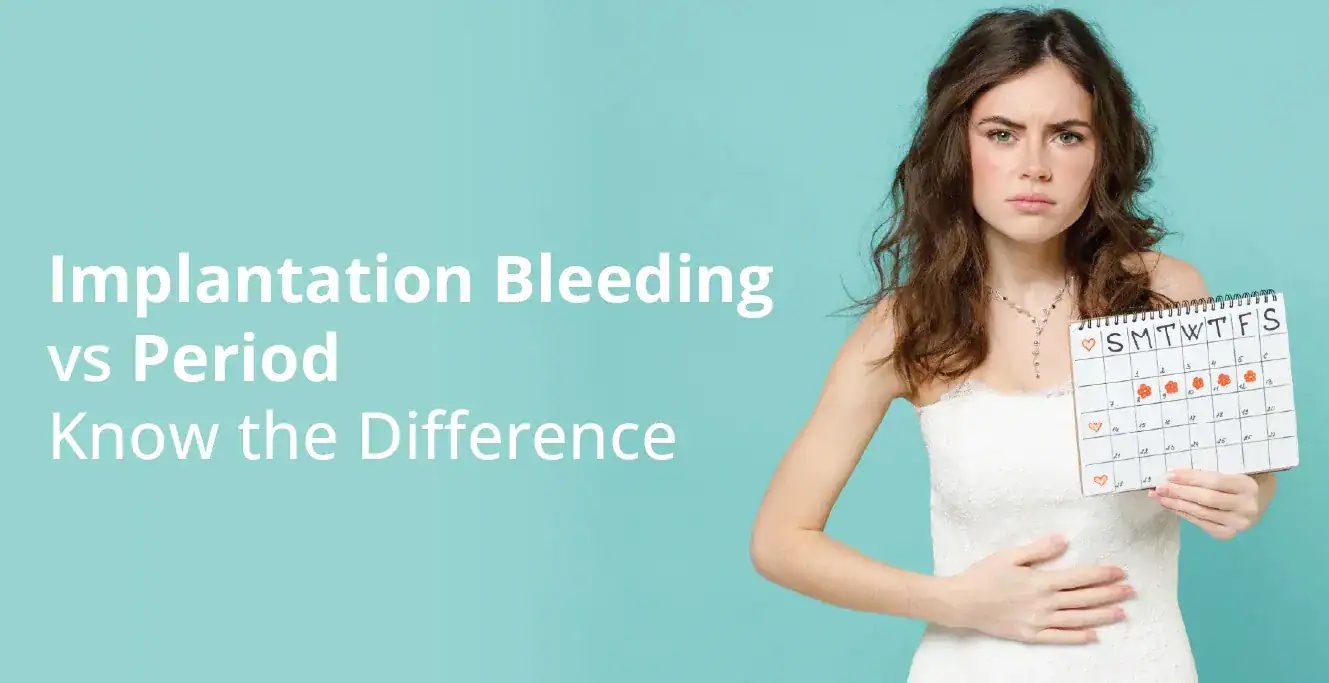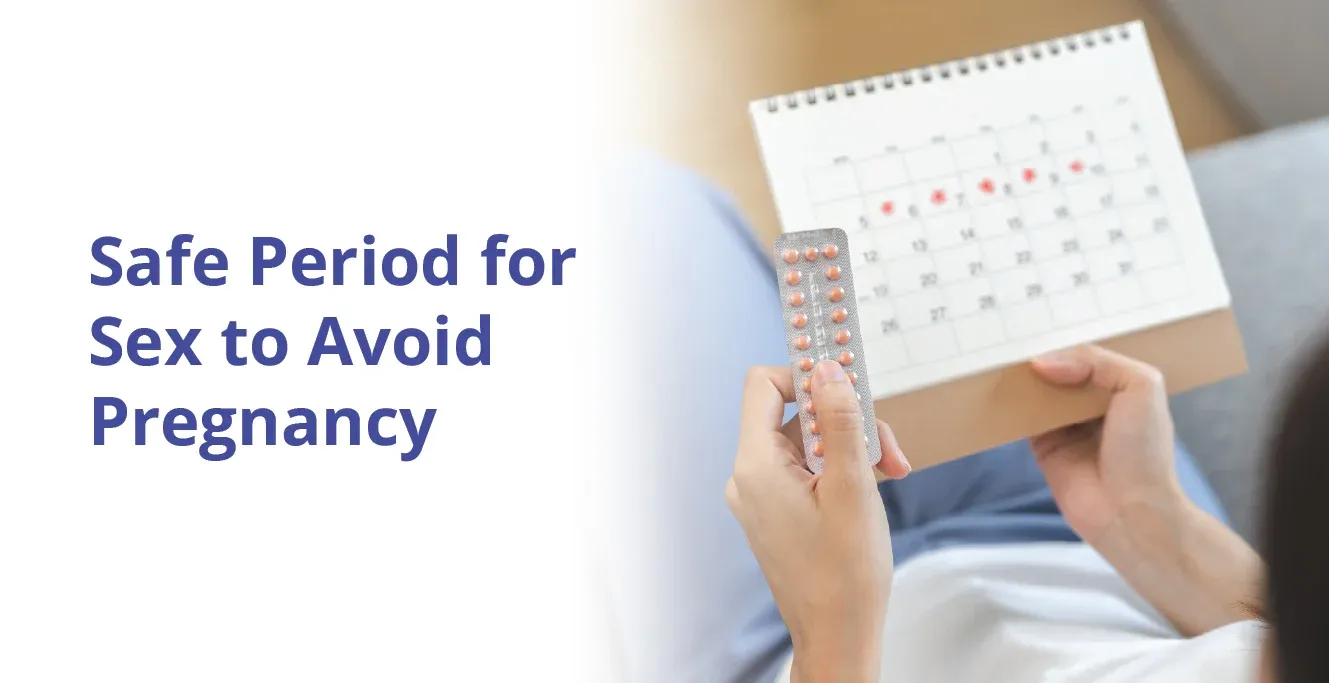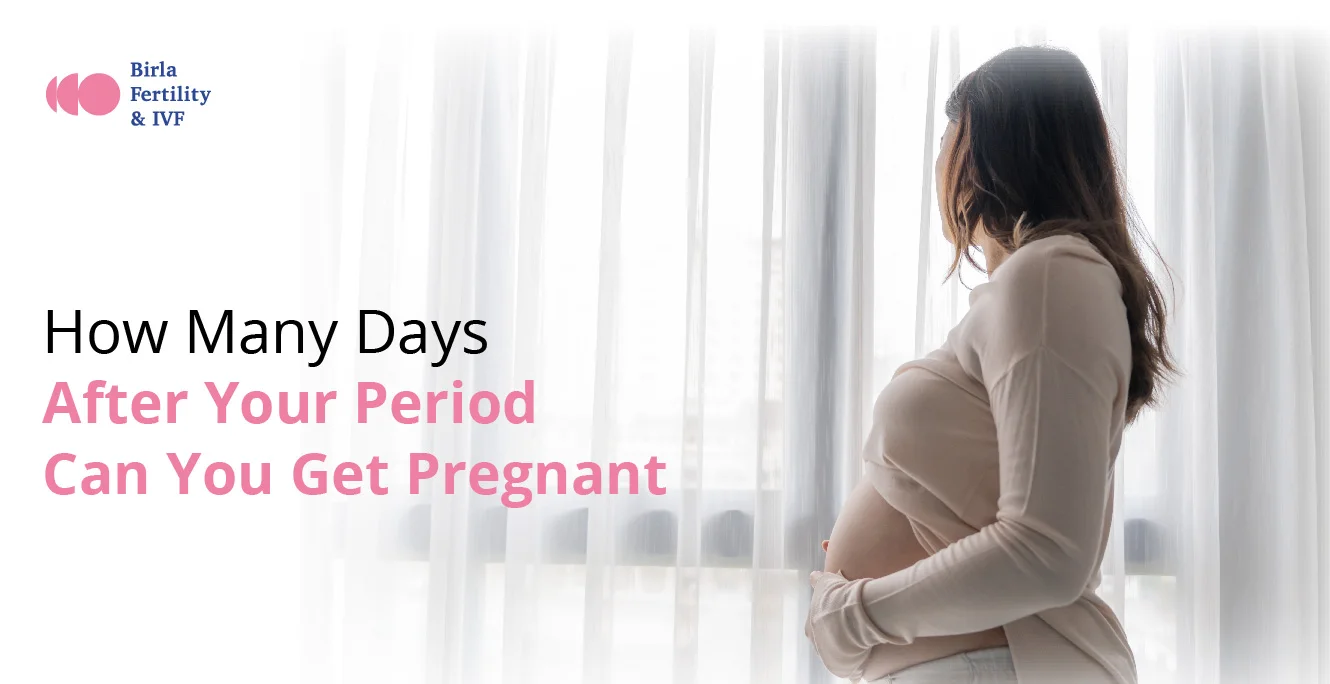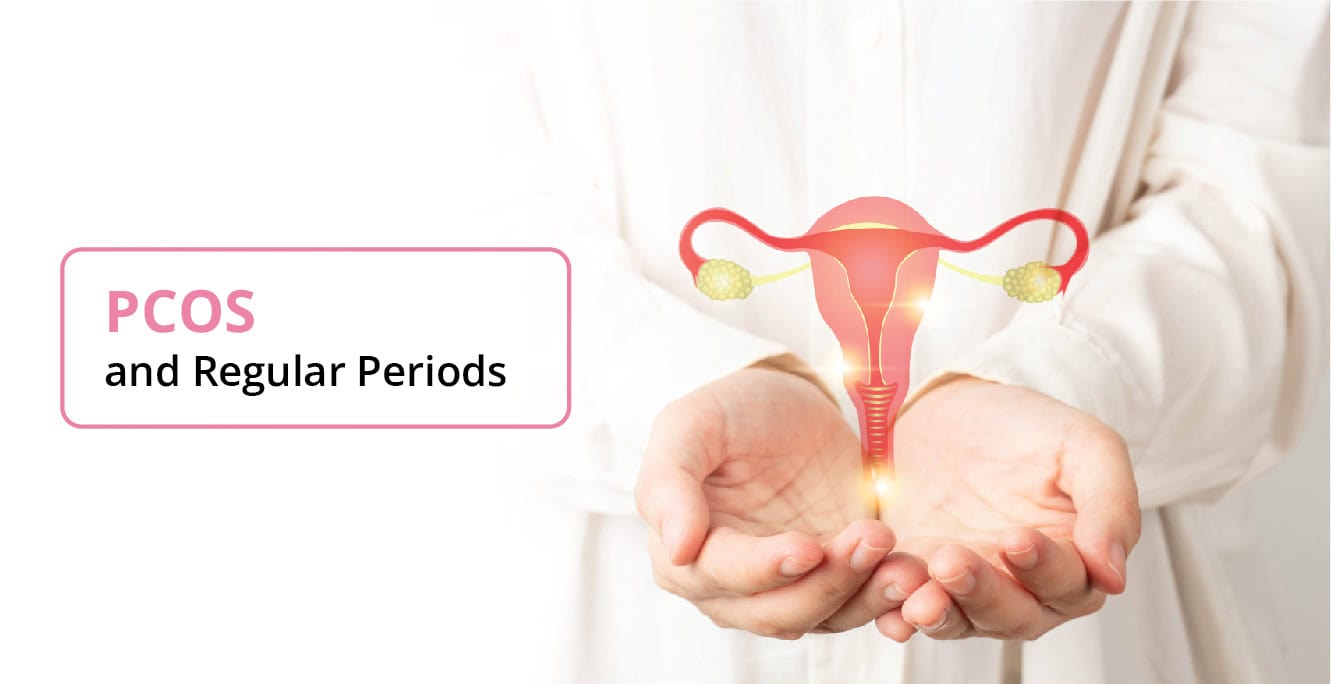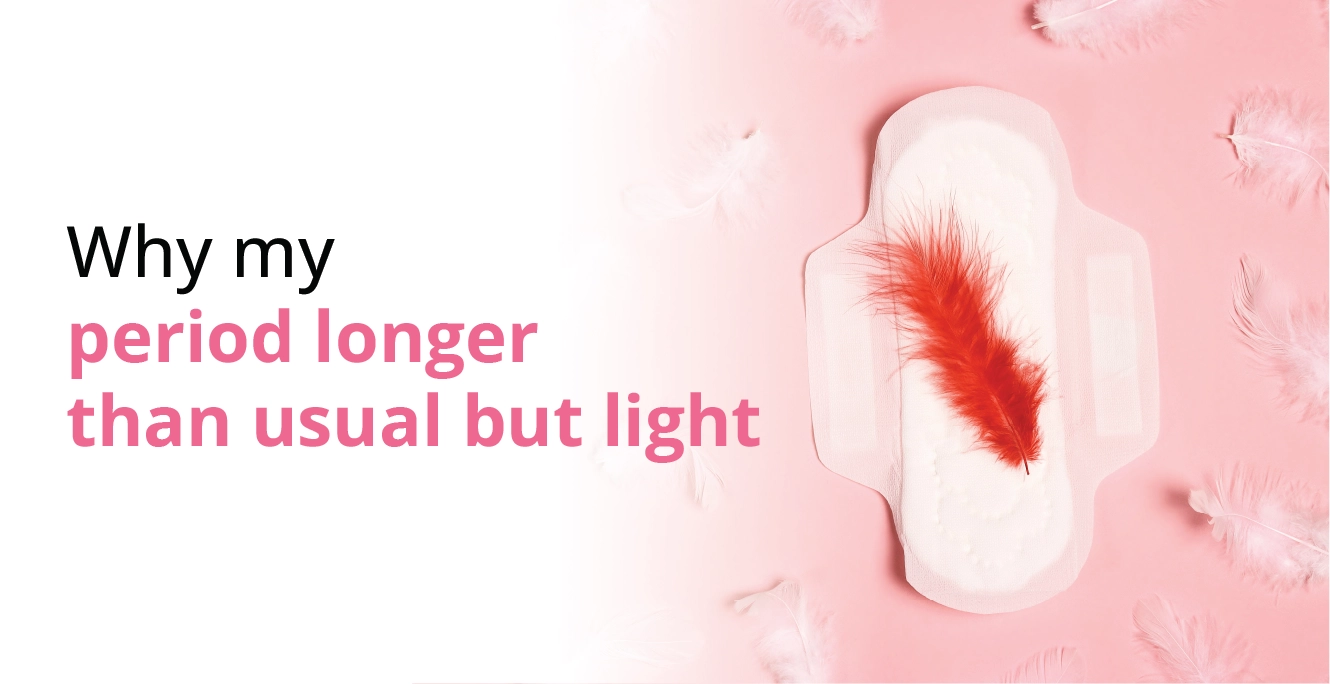
Why is My Period Longer Than Usual With Light Bleeding?

Table of Contents
Key Takeaways
-
Normal Cycle Variations: Menstrual cycles typically last 21-35 days, with 2-7 days of bleeding. Slight variations are common.
-
Prolonged Light Bleeding: Extended light periods (lasting over 7 days) may be due to hormonal imbalances, birth control, or conditions like PCOS or thyroid disorders.
-
Spotting vs Light Period: Spotting is minimal bleeding outside the cycle, while light periods are part of the regular menstrual flow but milder.
-
When to Seek Help: Prolonged bleeding beyond 10 days, spotting with pain, or irregular patterns should be evaluated by a doctor to rule out underlying health issues.
-
Self-Care Tips: Stay hydrated, maintain a balanced diet, engage in stress-reducing activities, and consider iron supplements to manage prolonged bleeding.
-
Nutritional Support: Consume iron-rich foods (e.g., leafy greens, beans, lean meat) and pair them with vitamin C sources for better absorption.
If you’ve noticed that your period is lasting longer than usual but is surprisingly light, you might be feeling a bit confused and concerned. It’s completely normal to have questions such as “Why am I still bleeding after 7 days?”, or about questioning changes in your menstrual cycle. It’s also important to understand what could be causing this shift. While a longer, lighter period isn’t always a cause for alarm, it’s essential to tune into your body and recognise when something doesn’t feel quite right. In this article, we’ll explore the potential reasons behind an extended but light period, discuss when to seek help from a doctor, and provide guidance on supporting your menstrual health.
What is a Normal Menstrual Cycle?
A normal menstrual cycle typically lasts between 21 to 35 days, with the average being around 28 days. The duration of menstrual bleeding (periods) can vary anywhere from 2 to 7 days. The average duration of a menstrual period is around 5 days.
However, it’s important to note that every woman’s menstrual cycle is unique, and slight variations in the length and heaviness of periods are common. While some women may experience lighter or heavier periods, as well as shorter or longer cycles, these variations are usually not a cause for concern if they fall within the normal range and are consistent from month to month.
Differences Between Spotting and a Light Period
Understanding the differences between spotting and a light period is essential for monitoring reproductive health. Here are the key distinctions:
|
Aspect |
Spotting |
Light Period |
|---|---|---|
|
Definition |
Very light bleeding outside the regular cycle. |
Milder menstrual bleeding that is part of the cycle. |
|
Volume |
Minimal blood loss, often just a few drops. |
More substantial flow, requiring pads or tampons. |
|
Duration |
Lasts from a few hours to a couple of days. |
Lasts between 3 to 7 days, similar to a regular period but lighter. |
|
Timing |
Can occur at any time during the menstrual cycle. |
Occurs within the expected timeframe of the menstrual cycle. |
|
Symptoms |
May have minimal symptoms; not typically intense. |
Often accompanied by typical menstrual symptoms like mild cramps and bloating. |
Understanding Light but Prolonged Menstrual Bleeding
Light but prolonged menstrual bleeding refers to menstrual periods that last longer than the typical 7 days but are characterised by a light flow. This is different from heavy menstrual bleeding (menorrhagia), which involves a heavier-than-normal flow and may also be prolonged.
Common symptoms of light but prolonged menstrual bleeding include:
-
Menstrual periods lasting more than 7 days
-
Light bleeding or spotting that persists beyond the normal duration
-
Irregular or infrequent periods
-
Fatigue or weakness due to prolonged bleeding
There can be several reasons why your period might be lasting longer than usual while remaining light. Let’s explore these causes in more detail.
Did You Know!
Noticing light and brown period blood can be quite common and is often not a cause for concern. Brown blood typically indicates older blood that has had time to oxidise, which can happen at the beginning or end of a menstrual cycle when the flow is lighter.
Hormonal and Ovulation Changes
Hormonal imbalances are a common reason for changes in menstrual bleeding. Some conditions that can lead to longer but lighter periods include:
Effects of Birth Control and Medications on Periods
Hormonal birth control methods, such as intrauterine devices (IUDs), birth control pills, and contraceptive injections, can alter the duration and heaviness of menstrual bleeding. Some women may experience longer but lighter periods when starting, stopping, or switching birth control methods.
Other medications that can affect menstrual cycles include:
-
Blood thinners (anticoagulants)
-
Non-steroidal anti-inflammatory drugs (NSAIDs)
-
Certain antidepressants and antipsychotics
Health Conditions Affecting Menstrual Cycles
Several health conditions can cause changes in menstrual bleeding, including prolonged light periods:
-
Bleeding disorders
Lifestyle and Environmental Factors
Stress, both acute and chronic, can have a significant impact on menstrual cycles. Stress hormones like cortisol can disrupt the balance of reproductive hormones, leading to irregular bleeding.
Dietary changes, rapid weight loss or gain, and intense exercise can also affect menstrual cycles, causing longer but lighter periods of up to 10 days.
Specific Scenarios and Concerns
Understanding the timing, duration, and flow of your menstrual cycle can help you identify when something feels unusual. Addressing these specific scenarios early can prevent potential complications and provide peace of mind. Below, we explore common concerns related to prolonged or unexpected bleeding and when it’s important to seek medical advice.
My period won’t stop but it’s light
If you experience a period that won’t stop but is light in flow, it’s essential to consider the possible causes mentioned above, such as hormonal imbalances, birth control, or underlying health conditions. While light bleeding may not seem as concerning as heavy bleeding, it’s still important to seek medical advice if the bleeding persists beyond 7 days or if you experience other symptoms like pain or fatigue.
Period longer than 10 days
A period that lasts longer than 10 days, whether light or heavy, should be evaluated by a doctor. Prolonged bleeding can lead to anaemia and other complications, so it’s crucial to determine the underlying cause and receive appropriate treatment.
Spotting 10 days after period
Spotting that occurs 10 days after your period may be related to ovulation. Some women experience light bleeding or spotting around the time of ovulation, which typically occurs midway through the menstrual cycle. However, if the spotting is accompanied by pain or if it persists, it’s best to consult with a doctor to rule out any underlying issues.
Bleeding 10 days before period
Bleeding that occurs 10 days before your expected period may be a sign of hormonal imbalances or other issues. This type of pre-menstrual spotting can be caused by conditions like PCOS, thyroid disorders, or uterine fibroids. If the bleeding is recurrent or accompanied by other symptoms, it’s important to seek medical evaluation.
Light period for 2 weeks
Experiencing a light period for 10 days to two weeks can be concerning and may indicate various underlying issues. While menstrual cycles typically last between three to seven days, fluctuations in flow can occur due to hormonal imbalances, stress, or health conditions. In some cases, a prolonged light period may signal pregnancy or complications like miscarriage.
Myths and Facts
Myth: If you have a light but extended period, you’re likely infertile.
Fact: Light yet lengthy menstruation doesn’t automatically indicate infertility. While significant changes should prompt consultation with a doctor to rule out issues like PCOS or endometrial conditions, they do not directly imply infertility without further medical evidence.
Managing Prolonged but Light Menstrual Bleeding
While seeking medical advice for persistent issues is crucial, there are some self-care tips and home remedies that can help manage prolonged light periods:
-
Use menstrual products appropriate for your flow (pantyliners, light pads)
-
Stay hydrated and maintain a balanced diet
-
Engage in regular, moderate exercise
-
Practice stress-reduction techniques (meditation, deep breathing, yoga)
-
Consider iron supplementation if you are at risk for anaemia due to prolonged bleeding
Nutritional Advice to Support Menstrual Health
Proper nutrition plays a vital role in supporting menstrual health, helping to manage symptoms and maintain overall well-being.
-
Consume iron-rich foods (lean red meat, poultry, fish, beans, lentils, dark leafy greens)
-
Include vitamin C sources (citrus fruits, berries, bell peppers) to enhance iron absorption
-
Maintain a balanced diet with whole grains, fruits, vegetables, and lean proteins
Traditional practices in India often include consuming jaggery during menstruation due to its benefits of providing iron and reducing fatigue associated with periods. Jaggery helps boost energy levels without causing spikes in blood sugar, unlike processed sugars! This may help alleviate symptoms when experiencing an unexpectedly prolonged cycle while maintaining overall well-being.
In summary, prolonged but light menstrual periods can be caused by various factors, ranging from hormonal imbalances to underlying health conditions. While some variation in menstrual cycles is normal, it’s essential to be aware of signs and symptoms that may indicate an issue requiring medical attention. If you experience persistent changes in your menstrual cycle, consult with your doctor for proper evaluation and treatment.
Word From an Expert:
“Menstrual irregularities, such as prolonged light bleeding, can be concerning for many women. However, it’s important to remember that every woman’s menstrual cycle is unique, and slight variations are not always a cause for alarm. If you notice persistent changes in your menstrual pattern, don’t hesitate to seek medical advice. With proper evaluation and treatment, most cases of abnormal menstrual bleeding can be effectively managed, allowing you to maintain optimal reproductive health and quality of life.” ~ Dr. Aashita Jain
Our Fertility Specialists
Related Blogs
To know more
Birla Fertility & IVF aims at transforming the future of fertility globally, through outstanding clinical outcomes, research, innovation and compassionate care.
Had an IVF Failure?
Talk to our fertility experts

 Our Centers
Our Centers





